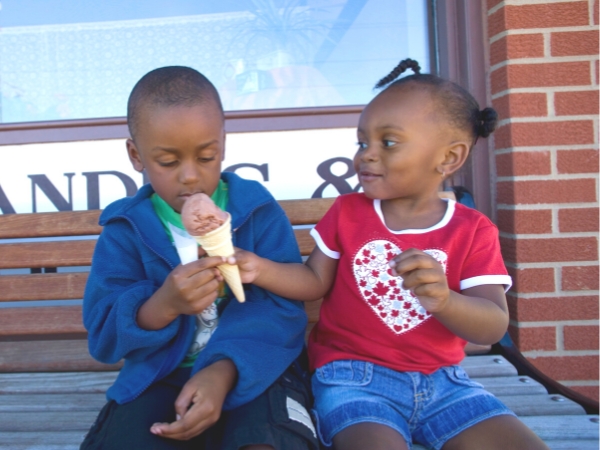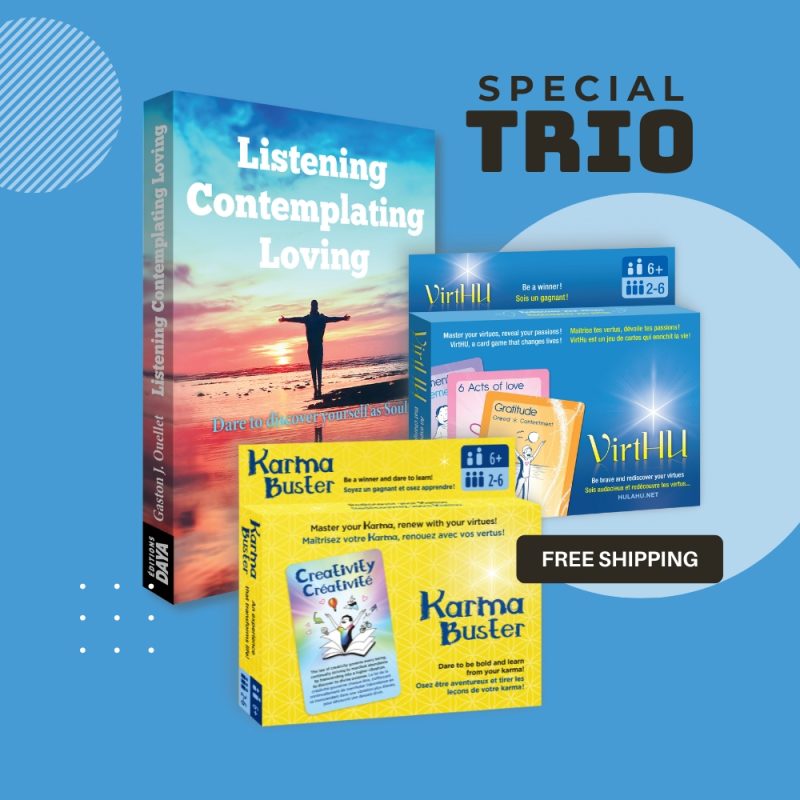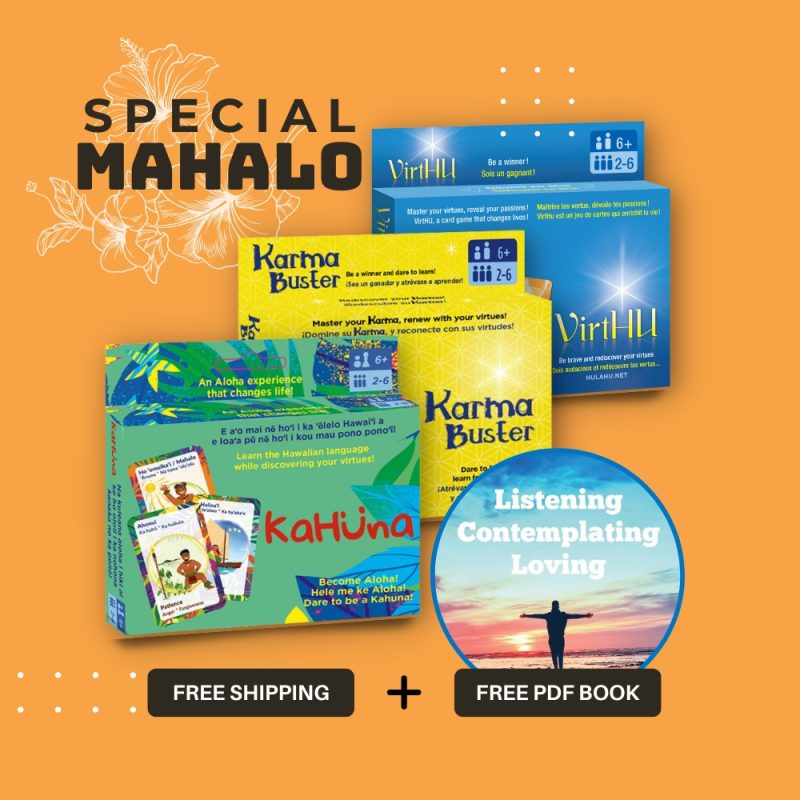
How to facilitate detachment?
There are many types of attachment: people, objects, ideas, events, habits, etc.
What are the benefits of detachment?
If we want to feel free, happy and at peace with ourselves, let’s learn to attach ourselves in the most harmonious way possible to relationships (parents-children, friends, lovers or colleagues), to objects (car, house, jewels, toys, etc.), to ideas, to beliefs, without forgetting our habits.
Understanding the underlying needs behind these attachments helps us letting go, in order to increase our confidence.
Moreover, we firmly believe that when we have faith in Life, it will be easier for us to detach ourselves from all this…
Detachment is a virtue that makes us autonomous, that teaches us a certain discipline of life by putting into perspective the importance of attachment to things and people around us.
How to teach Detachment to our children?

Learn to share
Learning to own comes before learning to share. Once the ownership stage is initiated, it is easier for the child to lend his toys. Not to mention that seeing a friend having fun with that toy can make both children happy.

Express their needs
Listening to a child and welcoming his or her needs shows true respect. It reinforces the notion of trust, security and love, allowing him to act in his life with detachment, thus defusing his fears.

Take a step back
Find a quiet moment with the child, leading him into his heart, reminds him and nurtures the importance of love, acceptance, listening, empathy, etc. This communion will benefit both children and parents.
Discover the master virtue and the passion in opposition to detachment
The importance of discipline in our lives
Attachment: from fear to lack of confidence
Use our games to help children understand the importance of detachment.
A great gift for our children would be if, from an early age, they were able to develop a vocabulary related to Detachment and its counterpart, Attachment. The Detachment card text is a good guide for thinking about this topic and incorporating it through play.
For example, becoming attached to the result of wanting to win the game absolutely can overshadow the pleasure felt if the result is not achieved, as any expectation casts a shadow on happiness. It is good to explain to the child that no matter what the final result is, the important thing is to feel joy while playing. In play, as in life, the important thing is to experience it in the present moment without being overwhelmed by the fear of a past or future experience, such as leaving someone or separating from an object we are attached to.
Playing VirtHU, Karma Buster or KaHUna is to better understand the sources of our sensitivities, to learn to know ourselves better and to develop our faith in life. And much more, one game at a time.
Testimony about detachment
Q: Sonia, what was your biggest detachment experience?
A: At the age of 23, I experienced a huge grief caused by the loss of my spouse in an accident, while I was pregnant with our son. This event made me understand the importance of life, but also of detachment from the relationships and projects we were dreaming of together. Of course, I lived my anger and my sorrow. But afterwards, I made the choice not to stay in a victim role. I decided to put my energy and love into taking care of the remaining half of him, the little being that had just been born. Despite all this, I had not lost my favorite motto which is, “The universe always conspires in our favor.” The proof is that I now have a beautiful tall 23 year old boy, a sweetheart I adore, and a life mission I am passionate about. Thank you life!”









